
Occasional Paper #16: 12 practicable recommendations for South Korea, the 5th-largest nuclear energy producer and a major nuclear power plant exporter.
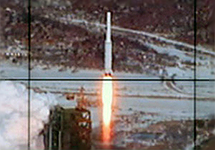
On December 12, North Korea successfully launched the Unha-3 SLV.
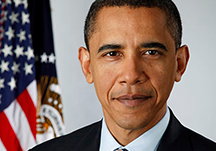
CNS experts propose nonproliferation and disarmament priorities.
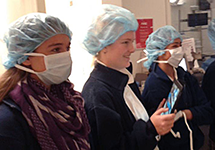
NOV. 1: US and Russian high school students participate in the first online conference investigating solutions for nuclear spent fuel.
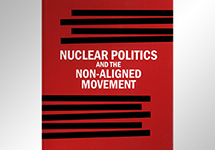
SEPT. 25: Launch of book by CNS Experts on the largest grouping of states addressing nuclear disarmament and nonproliferation issues.
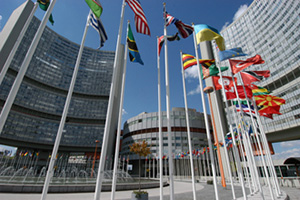
In the lead up to the 2012 General Conference, CNS and VCDNP have prepared a series of Fact Sheets on the on-going issues facing IAEA member states.
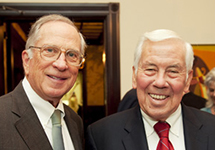
This new international award recognizes those dedicated to advancing the cause of nuclear security.
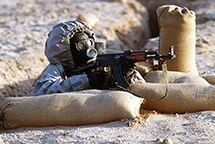
Testimony of Leonard S. Spector before the Subcommittee on Terrorism, Nonproliferation, and Trade, Committee on Foreign Affairs, US House of Representatives, July 19, 2012.

Results of a study on the implementation of sustainable nuclear security measures, constrained by limited expertise and resources.
Gaukhar Mukhatzhanova June 2012 On May 11, 2012, the Preparatory Committee [PrepCom] for the 2015 Review Conference [RevCon] of the Nuclear Nonproliferation Treaty [NPT] concluded its first two-week session in Vienna under the chairmanship of Ambassador Peter Woolcott of Australia. Uniformly described as smooth and business-like, the 2012 PrepCom meeting accomplished most of its tasks […]